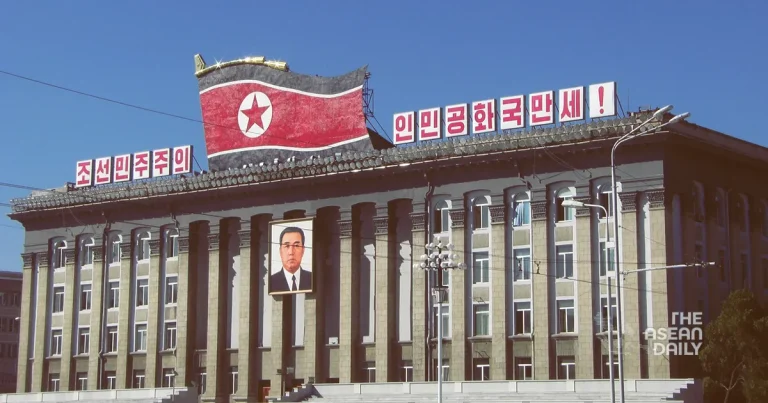30-8-2024 (PYONGYANG) In an unexpected move that has raised eyebrows across the international community, North Korea has expanded its list of prohibited media to include Chinese films and television dramas. This decision marks a significant shift in the hermit kingdom’s cultural policy, as Chinese entertainment had previously been considered acceptable for consumption by North Korean citizens.
According to a recent report by Radio Free Asia (RFA), the North Korean authorities designated Chinese productions as “impure recordings” in a directive issued between late May and early June. This ban places Chinese media alongside South Korean songs, films, and dramas, which have long been subject to strict censorship in the country.
A resident from Hamgyong-namdo province, speaking on condition of anonymity, revealed that the list of newly prohibited media includes dozens of Indian, Russian, and Chinese television series and films. Among the banned Chinese productions are popular works such as “The Butterfly Lovers”, which had previously enjoyed widespread viewership in North Korea.
The source expressed surprise at this development, stating, “This is the first time Chinese recordings have been banned. We never thought Chinese movies and series, which we’ve always considered acceptable, would be labelled as impure.”
The crackdown extends beyond mere entertainment, with central authorities reportedly issuing orders to prevent residents from accessing or distributing recordings related to Chinese historical perspectives. This directive is believed to have been personally approved by North Korean leader Kim Jong-un.
The ban on Chinese historical narratives is thought to stem from discussions among military committee officials regarding China’s alleged historical distortions. Of particular concern is China’s Northeast Project, which has, since the 1990s, controversially claimed that the ancient Korean Goguryeo Kingdom was a regional government of an ethnic minority within China.
A source from Rason city noted that awareness of these historical disputes has spread among ordinary North Koreans, including factory managers, although the specifics may not be widely understood.
This move by North Korean authorities represents a significant shift in the country’s relationship with Chinese cultural influences. It raises questions about the potential impact on diplomatic ties between Pyongyang and Beijing, traditionally considered allies despite occasional tensions.
The expansion of media censorship to include Chinese productions also highlights the North Korean regime’s ongoing efforts to control information flow within its borders. By limiting access to foreign media, including that of its closest ally, North Korea appears to be doubling down on its policy of cultural isolation.




